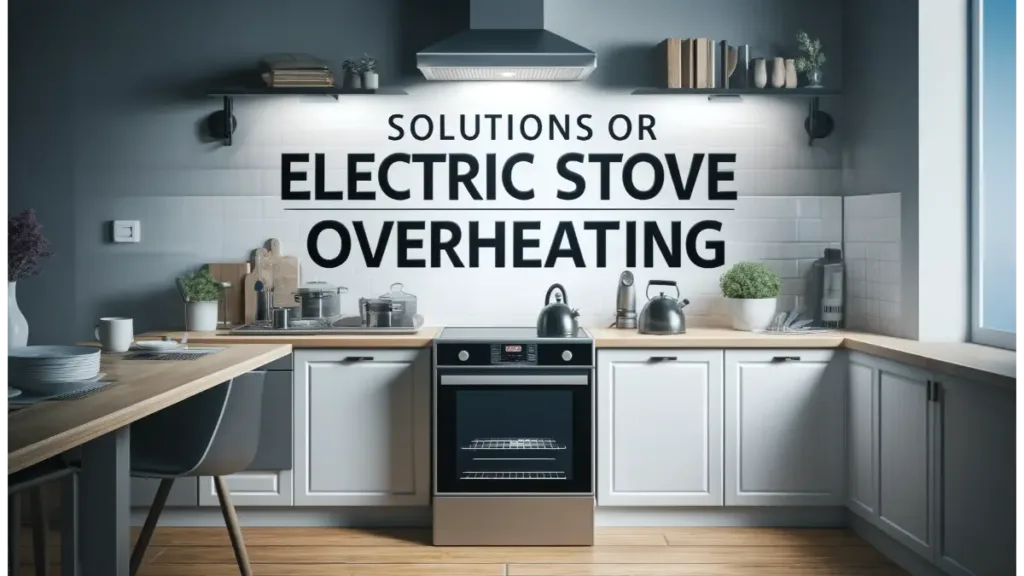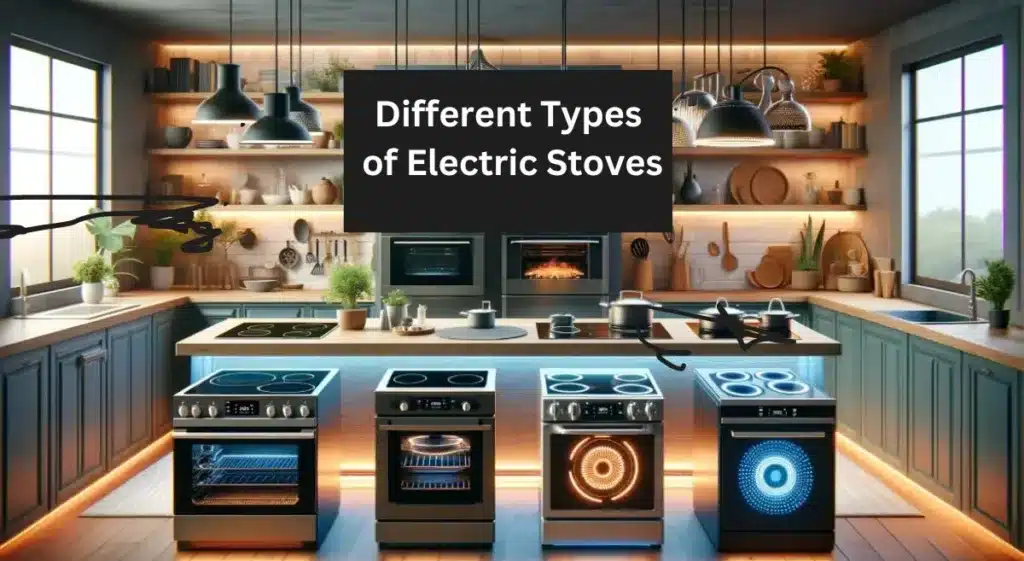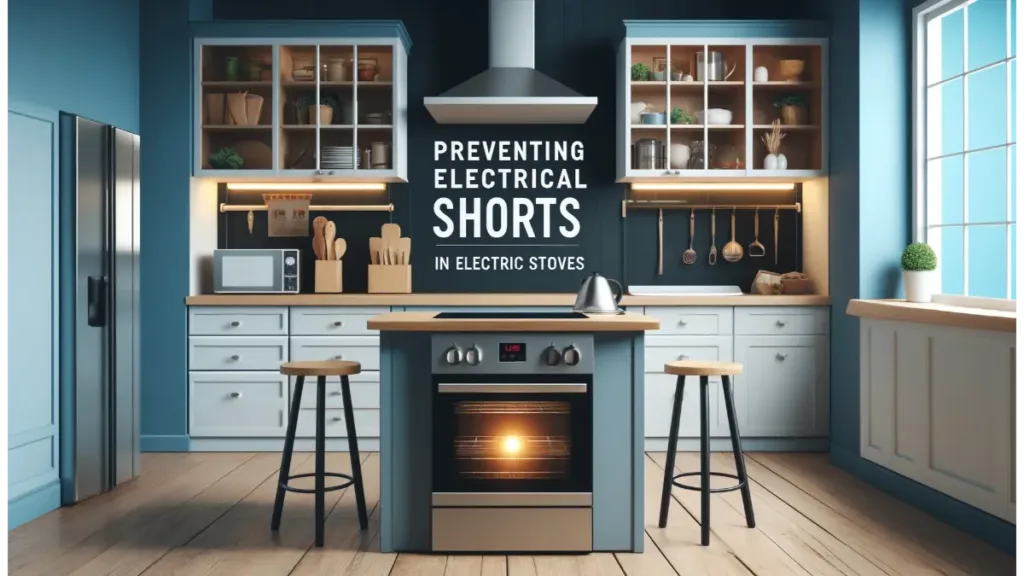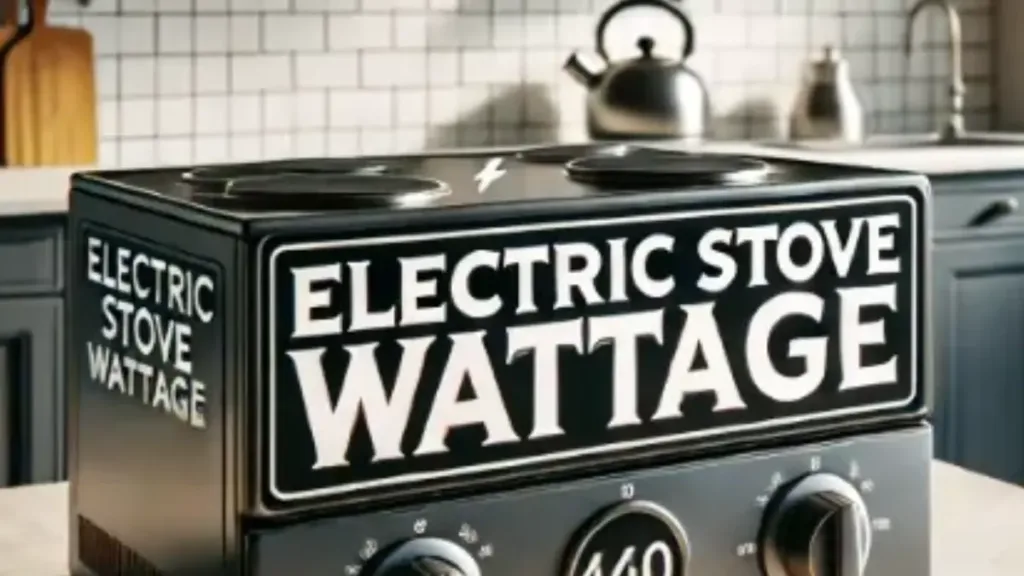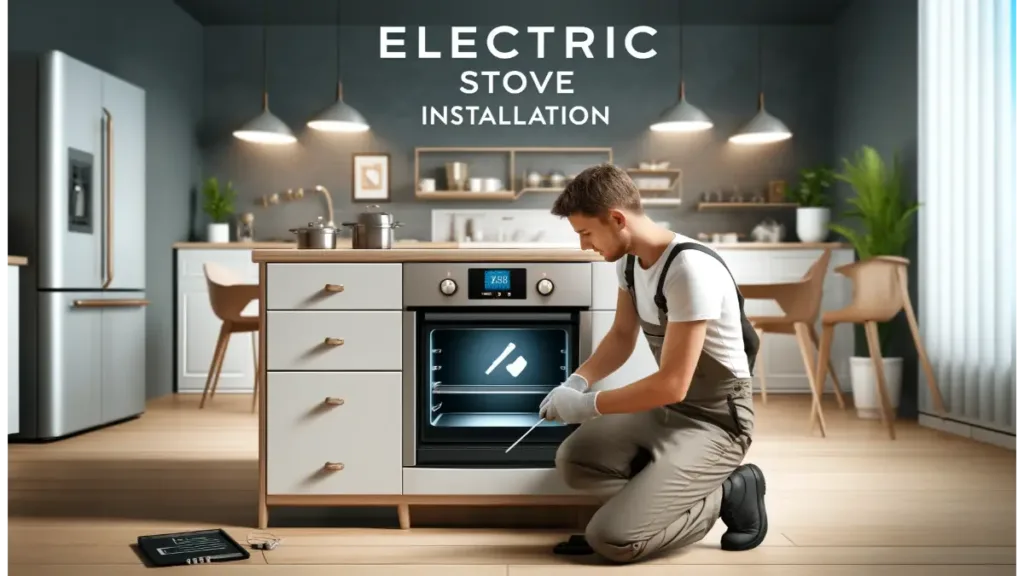Is your electric stove putting your kitchen at risk? Most people assume electric stoves are safer than gas — but thousands of house fires each year prove otherwise. While they don’t use open flames, electric stoves can still overheat, start fires, or cause burns if misused.
These risks often go unnoticed until it’s too late. From overheating coils to hidden fire hazards, the dangers are real — especially in homes with children, older appliances, or improper usage.

In this post, you’ll learn whether electric stoves are dangerous, how safe they are, and what electric stove safety tips every homeowner should follow. We’ll also look at causes of fire, and show you how to prevent electric stove fires before they start.
Are Electric Stoves Safe to Use?
Many homeowners ask, “Are electric stoves safe?” The short answer is yes — electric stoves are safe when used properly. They don’t use gas or open flames, which already makes them a safer option for many people.
Still, safety depends on how you use and maintain your stove. A well-maintained stove with up-to-date safety features is less likely to cause problems. Modern electric stoves often come with safety settings like automatic shut-off and child lock. These features help prevent accidents in busy kitchens.
But here’s the truth: even the safest appliances can become risky without care. Dirty burners, loose wiring, or using the wrong cookware can all lead to trouble. If you want to compare different click on: https://stovemastery.com/which-is-better-for-your-sleep-electric-vs-gas-stove/
Dangers of Electric Stoves Most People Ignore
So, are electric stoves dangerous? Not if you’re careful — but they do have real risks you shouldn’t overlook. The biggest dangers don’t always come from fire. Sometimes, it’s a slow buildup of bad habits.

Here are some common dangers of electric stoves:
- Hot surfaces stay hot long after turning them off. This can cause serious burns.
- Glass top stoves can crack or even shatter with sudden temperature changes.
- Coil burners may spark if they’re damaged or dirty.
- Loose wiring behind old stoves can trigger short circuits.
- Leaving the stove on unattended is the top cause of kitchen fires.
- Overheating elements can melt cookware or ignite food spills.
- Grease buildup increases the chance of fire over time.
Learn more on how to stay safe in our guide: Fix common electric stove problems
Can Electric Stoves Cause a Fire?
Yes — electric stoves can cause a fire if misused. While they don’t have an open flame like gas, they still produce intense heat. This heat can ignite nearby flammable items or leftover grease.

Here are the most common causes of fire:
- Unattended cooking is the leading reason. One distracted moment is enough.
- Overheating coils or elements can burn cookware or food.
- Power surges may lead to short circuits.
- Placing plastic or paper items near hot surfaces can trigger a fire.
Also read: How to Prevent Stove Fires: A Complete Guide
Do Electric Stoves Overheat?
Yes, electric stoves do overheat, especially when they’re old, dirty, or overuse. Overheating is a silent danger—it doesn’t always start a fire, but it can damage your stove or cooktop and increase your risk over time.
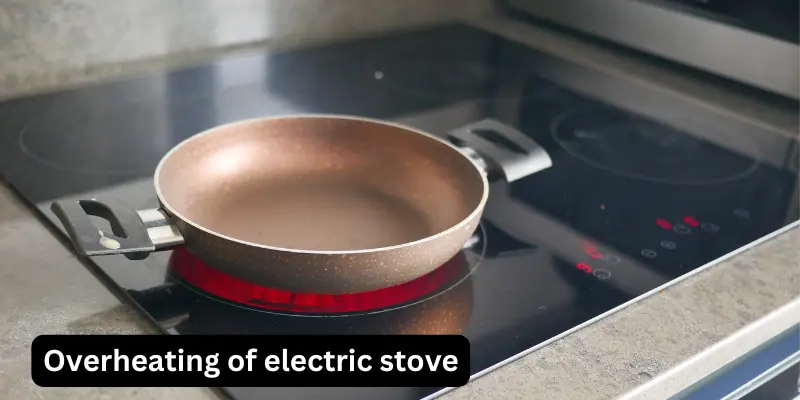
Why do electric stoves overheat?
- Faulty thermostats may not regulate heat correctly.
- Blocked ventilation can trap heat.
- Dirty or damaged coils can cause uneven heating.
- Using the wrong-sized cookware can affect heat distribution.
Overheating makes glass top stoves more likely to crack. It also causes coil burners to spark or warp. Learn how to prevent overheating in our post: Solutions for Electric Stove Overheating: Practical Tips and Troubleshooting Guide
How to Prevent Fire from Electric Stoves
Preventing fire starts with habits. Here’s how you can reduce risk in simple steps:
- Always stay in the kitchen while cooking.
- Use timers so you don’t forget to turn off the stove.
- Clean up spills immediately.
- Keep flammable items (paper towels, and dishcloths) away from burners.
- Use proper cookware with flat bottoms.
- Avoid overloading electrical outlets.
- Replace worn-out cords or loose plugs.
- Don’t use damaged or unstable cookware.
Glass Top vs. Coil Burner Electric Stoves: Which Is Safer?
Both stove types have pros and cons. But when it comes to safety, you should understand how they differ:
Glass Top Stoves
- Sleek and easy to clean.
- Stay hot longer after turning it off.
- Can crack or shatter if cold water or heavy pots are dropped.
- Usually have built-in auto shut-off features.
Coil Top Stoves
- Exposed coils heat quickly.
- More affordable and easy to repair.
- More prone to overheating or sparking if coils are old or dirty.
- Can be less stable for pots and pans.
In terms of fire risk:
- Glass tops are safer for consistent heat.
- Coil tops are more likely to cause sparks or fire if neglected.
Explore more in our guide on different types of electric stoves
10 Electric Stove Safety Tips You Can Use Today
Here are practical tips to help keep your kitchen safe:
- Never leave cooking unattended.
- Clean your stove daily.
- Don’t use metal foil on burners.
- Avoid using worn-out or broken cookware.
- Use timers for baking or slow cooking.
- Keep cords and plugs dry and untangled.
- Don’t store items on top of the stove.
- Turn handles inward to avoid spills or accidents.
- Check burners for damage or uneven heating.
- Keep a fire extinguisher within reach.
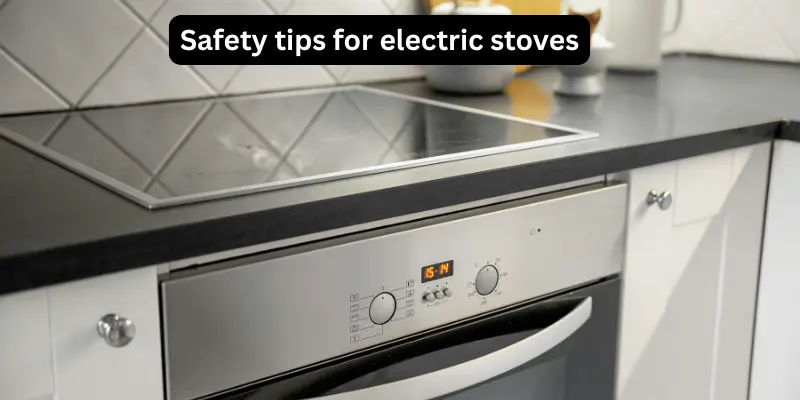
Want more tips? Visit our complete guide: Electric Stove Safety Tips
What Experts Say About Electric Stove Safety
Experts agree that electric stoves are safe when maintained and used correctly. Most problems occur due to user neglect.
For example, the U.S. Fire Administration states:
“Careless cooking is the number one cause of home fires.”
And according to safety engineers at UL (Underwriters Laboratories):
“Electric stoves today come with more safety features than ever — but those features are only helpful when used.”
This shows that safety is not just about owning a safe appliance — it’s about using it wisely.
FAQs
1. Are electric Stoves a Shock Hazard?
Electric stoves use high voltage. If there’s a wiring issue or exposed cord, it can be dangerous. If you feel even a small shock, stop using it.
2. Are Electric Stoves Safe for Kids and Pets?
Not really. Children love to touch buttons and climb. Pets may jump on counters. Both can get burned or knock things over.
3. Are Fumes or Smoke from Electric Stoves Harmful?
Electric stoves don’t produce gas fumes. But they can still emit smoke, especially when a new stove is used for the first time, food spills on hot coils or plastic items melt.
4. Are Old Electric Stoves More Dangerous?
Yes. Older models may have worn-out wiring and unreliable temperature control. They also use more power, which can overload circuits.
Final Thoughts
So, are electric stoves dangerous? The answer depends on how you use them.
Electric stoves are safe when handled with care. But like any kitchen appliance, they can become dangerous if ignored or misused. Most fire risks come from things like unattended cooking, dirty burners, or using the wrong cookware.
Follow safety tips, understand the risks, and inspect your stove often. Whether you have a glass top or coil top, smart use makes the real difference.
References
https://www.constellation.com/guides/appliances/energy-efficient-ovens-stoves.html
https://www.energystar.gov/products/electric_cooking_products

